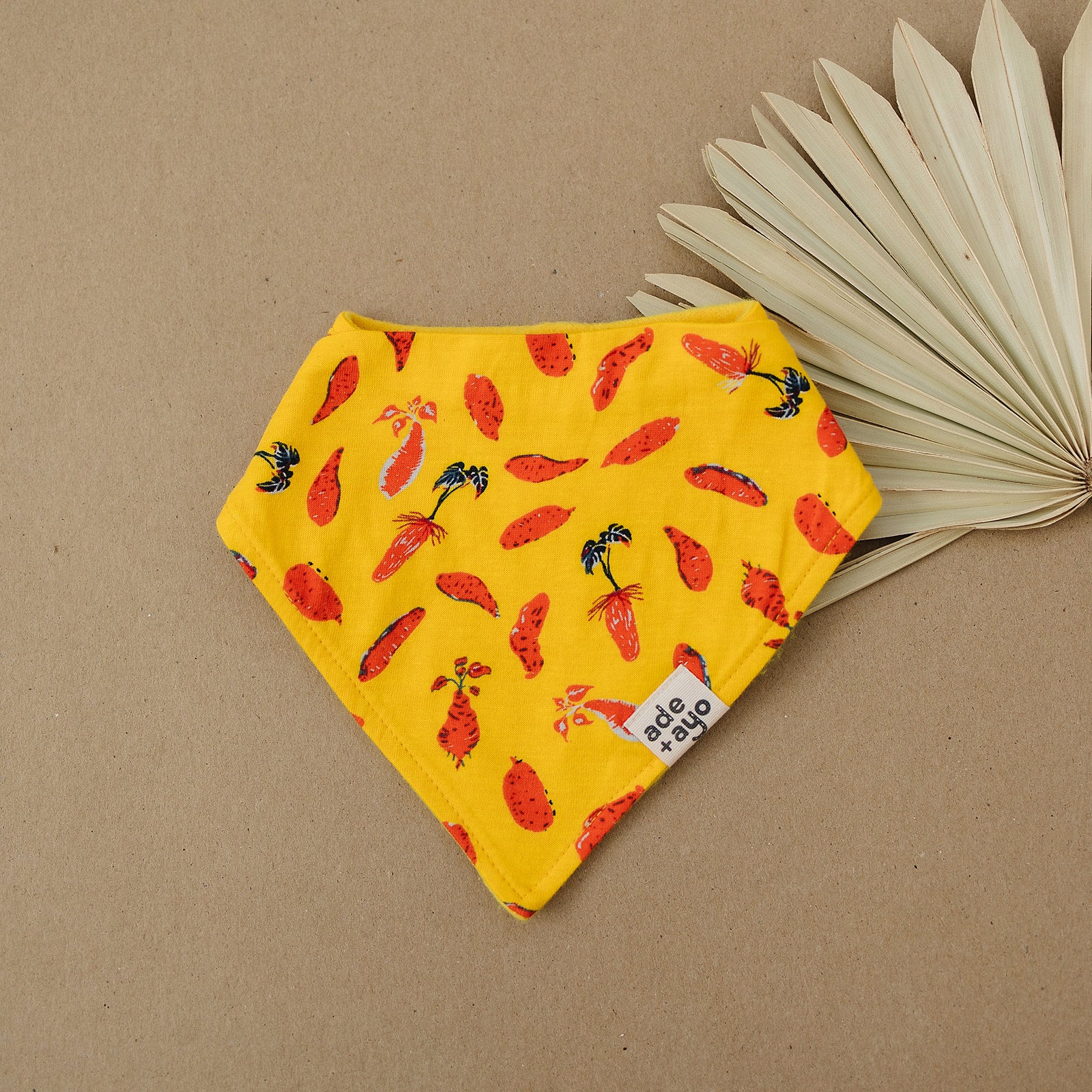Helpful Tips for Talking to Your Kids About Junteenth
As Juneteenth rapidly approaches, you may be wondering how to talk to your kids about this important American holiday. Celebrated on June 19th each year, Juneteenth commemorates the end of slavery in the United States. This is a complex topic that requires sensitivity and thoughtfulness, but it's important for children to learn about the history of their country and its people. In this blog post, we will provide some helpful tips on talking to your kids about Juneteenth, as well as some context on what the holiday represents.

A Brief History
Juneteenth is the oldest known celebration commemorating the ending of slavery in the United States. Juneteenth is also known as Emancipation Day, Freedom Day, and Jubilee Day. Juneteenth celebrates June 19, 1865, the day Union general Gordon Granger arrived in Galveston, Texas with news that the war had ended and that the enslaved were now free. The Emancipation Proclamation had been issued more than two and a half years earlier on January 1, 1863, but it didn't reach all parts of the country until after the Union prevailed. For many freed blacks living in Texas, Juneteenth became an important annual tradition. Juneteenth continued to be celebrated primarily by African Americans throughout the late 1800s and early 1900s. In recent decades, however, Juneteenth has become more widely known and celebrated by people of all races and ethnicities. Today, Juneteenth is recognized as a state holiday or special day of observance in 45 states across the country.
Tips and Insights for Talking to Kids About Juneteenth
When talking to your kids about Juneteenth, it's important to be honest and open. Explain that Juneteenth is a day to remember and celebrate the end of slavery in America. You can also share some of the traditions associated with the holiday, such as eating watermelon or attending parades and festivals. It's also a good idea to stress the importance of respect and tolerance when discussing this sensitive topic. Help your child understand that everyone should be treated equally, regardless of skin color or ethnicity.
Why Watermelon?
There are a few theories about why watermelon is so closely associated with Juneteenth. One theory is that watermelons were plentiful and relatively cheap during the summer months, making them an accessible and affordable treat for newly freed slaves. Another theory is that watermelon is a symbol of hope and liberation, as the fruit was often smuggled into slaves' quarters as a way to share messages of freedom. Whatever the reason, eating watermelon on Juneteenth has become a cherished tradition for many African American families, and it serves as a great (and tasty) visual. We love the idea of sitting down with your kids to talk about Juneteenth was a fresh and juicy watermelon snack to help kids put tastes and visuals to what they are learning.
You might be thinking “how can I share the complexities and devastation of slavery to my young child?” Take a deep breath. These issues are heavy. There are lots of great books that help parents and children expand their understanding of this dark chapter in American history. We love children’s books because not only do they thoughtfully break down complex topics, but they offer beautiful visuals to go with. Here are a few books we’d recommend, many of which are available at one of our favorite black-owned bookstores, Brave + Kind.
- Many Thousand Gone - by Virginia Hamilton
- Freedom Soup - By Tami Charles
- Aunt Harriet’s Underground Railround in the Sky - By Faith Ringgold
- Juneteenth for Mazie - By Floyd Cooper
- Show Way - By Jacqueline Woodson
- A Fine Dessert - By Emily Jenkins
Expanding Awareness and Appreciation of African American Culture
In addition to talking to your kids about Juneteenth, you can also teach them about some of the other holidays that celebrate African American culture and history. Kwanzaa is a seven-day festival that honors African heritage, while Martin Luther King Day celebrates the life and legacy of one of America's most important civil rights leaders. By teaching your kids about these holidays, you can help them develop a greater understanding and appreciation for African American culture.
Juneteenth is an important day in American history, and it's a great opportunity to talk to your kids about the importance of freedom and equality. It's also a chance for them to learn more about the African-American experience in America. Let your kids know that juneteenth isn't just a celebration, it's a reminder that we still have work to do when it comes to achieving true equality for all people. And most importantly, let them know that Juneteenth is a time to come together and celebrate our shared heritage and culture. How will you be celebrating Juneteenth this year? Do you have any annual traditions? Let us know in the comments!
And as always, Be sure to follow on Instagram + Join Our Email List to save 15% off your first order!

















